When upgrading your wheels, one of the most common questions people ask is: will rims fit my car? Choosing the wrong rims can lead to safety hazards, poor handling, and wasted money. In this guide, we’ll walk you through everything you need to know to ensure the rims you pick are the perfect fit for your vehicle.
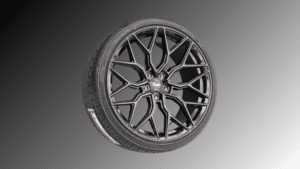
Why Proper Rim Fitment Matters
Using rims that don’t match your car’s specifications can cause:
- Unsafe driving conditions (e.g., poor handling or brake interference)
- Tire rubbing or wheel vibration
- Damage to suspension components
- Failed inspections or warranty issues
Properly fitting rims not only improve performance but also extend the life of your tires and suspension.
Key Factors That Decide Rim Fitment
1. Bolt Pattern (Lug Pattern)
- Refers to the number of bolts and the diameter they form (e.g., 5×114.3)
- Must match your car exactly for the wheels to bolt on
- Learn more in our Lug Pattern Guide
2. Center Bore (Hub Size)
- The hole in the middle of the rim that fits over the hub
- OEM rims usually match exactly; aftermarket rims may require hub-centric rings
3. Offset (ET)
- How far the wheel sits in or out relative to the hub
- Wrong offset can cause rubbing or poor alignment
- Check your car’s OEM offset and stay within +/-5mm for best fitment
4. Rim Diameter and Width
- Rim size should be compatible with your tires and suspension
- Example: A car with 17″ OEM wheels can sometimes fit 18″ rims with low-profile tires
- Width affects handling and tire fitment
How to Check If Rims Will Fit Your Car
Here’s how to know if the rims you want will fit:
- Use a fitment tool online (e.g., willtheyfit.com)
- Look up OEM wheel specs via VIN or owner’s manual
- Inspect door jamb sticker for tire/rim info
- Measure your current wheels (check inside rim or back of spokes)
- Consult a tire or wheel professional
Pro Tip: Never buy rims based on visual similarity alone—measurements matter.
Best Tools to Check Rim Fitment (Amazon Picks)
- Lug Pattern Measuring Gauge
- Compatible with 4, 5, 6, and 8 lug wheels
- Digital Caliper for Center Bore
- High-accuracy tool for inner diameter
- Offset Measuring Tool or Chart
- Helps compare OEM vs aftermarket wheel offset
- Universal Fitment Book (for US Models)
- Print reference of bolt patterns and offsets by vehicle make/model
FAQ – Will Rims Fit My Car?
Q: Can I use rims from a different car brand?
A: Only if the bolt pattern, offset, center bore, and size match your vehicle.
Q: What happens if I use rims that don’t fit exactly?
A: You may face steering issues, uneven tire wear, and long-term damage.
Q: Are universal rims really universal?
A: Some offer adjustable lug holes, but offset and bore must still be compatible.
Conclusion
Getting the right rims for your car involves more than just style — it’s about safety, fitment, and function. Always check:
- Lug pattern
- Center bore
- Offset
- Diameter & width
Using the right tools and reference guides can save you time and ensure a proper fit. If you’re still unsure, consult with a trusted tire shop before buying.
Want to check fitment at home? Use our recommended Amazon tools to get started!
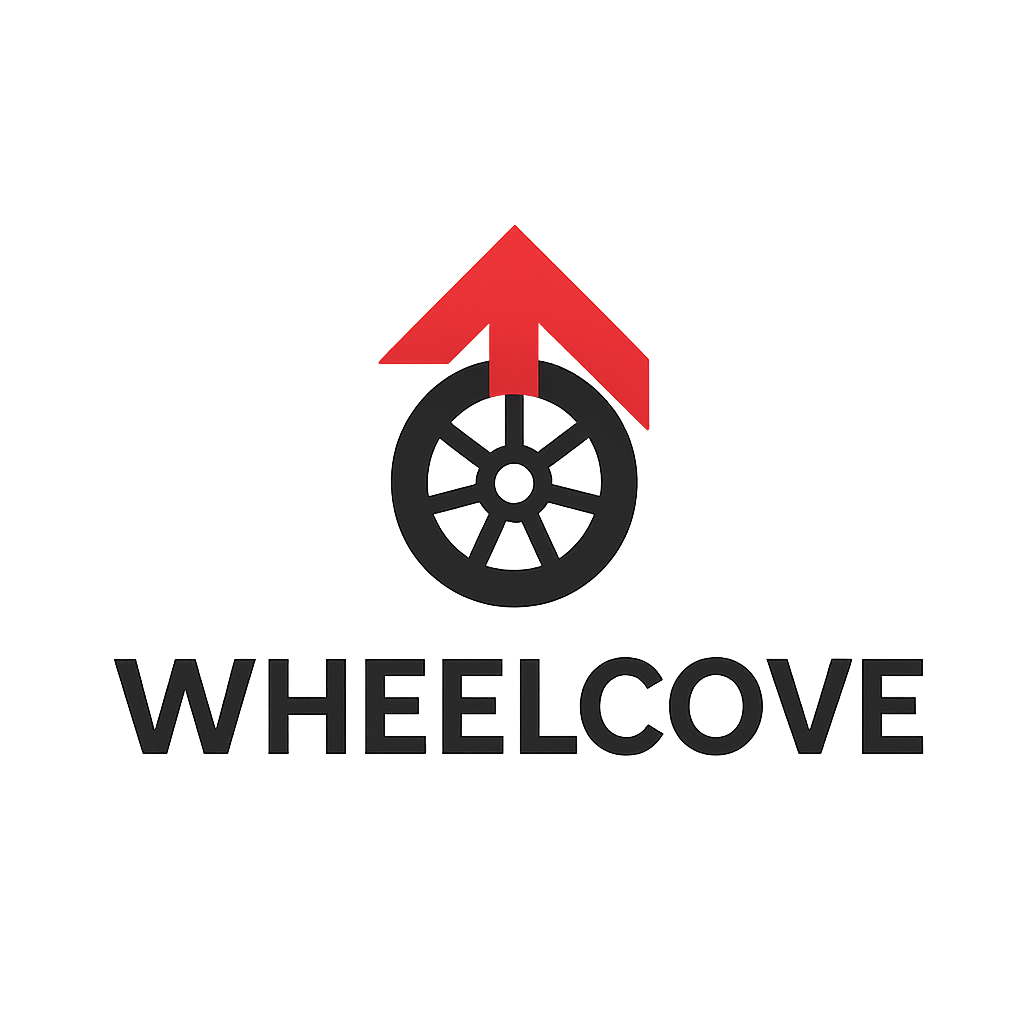
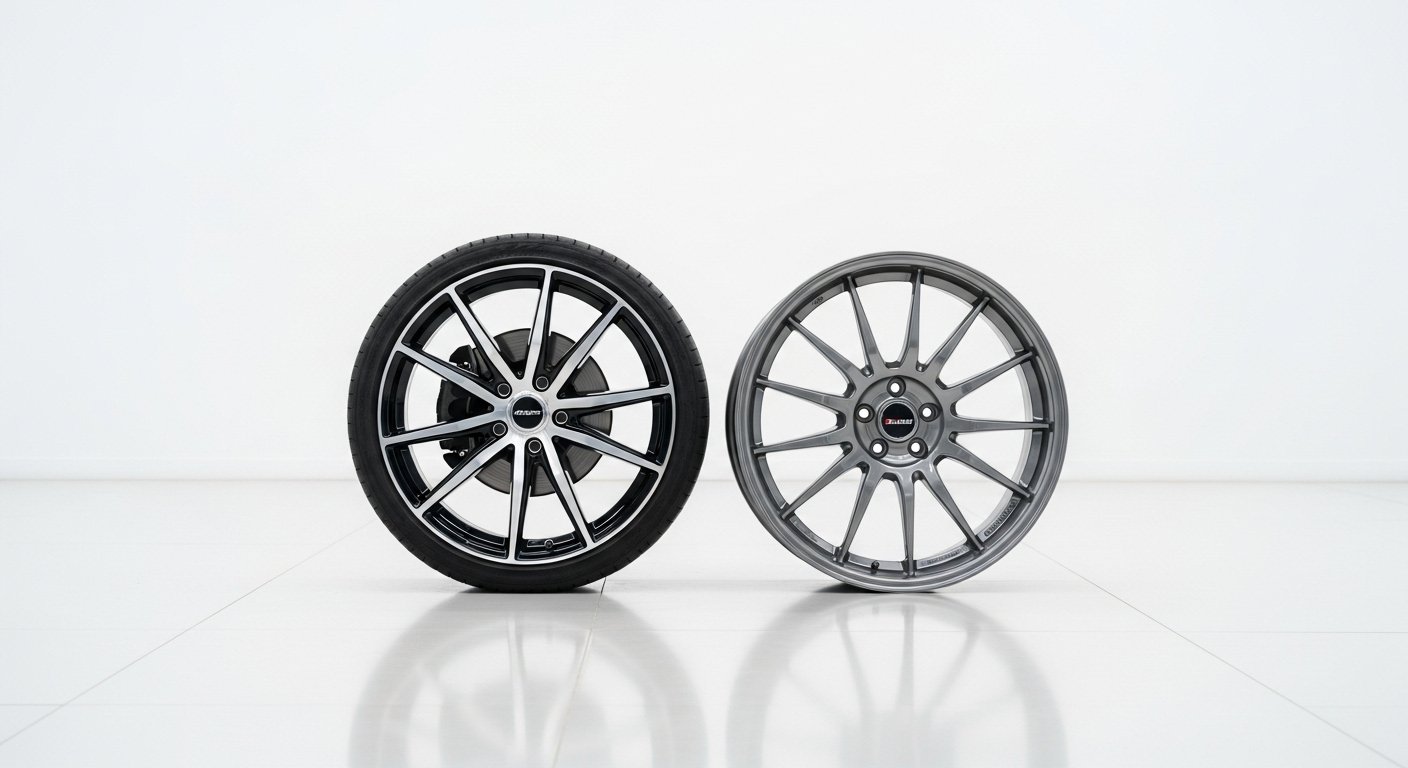
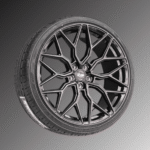

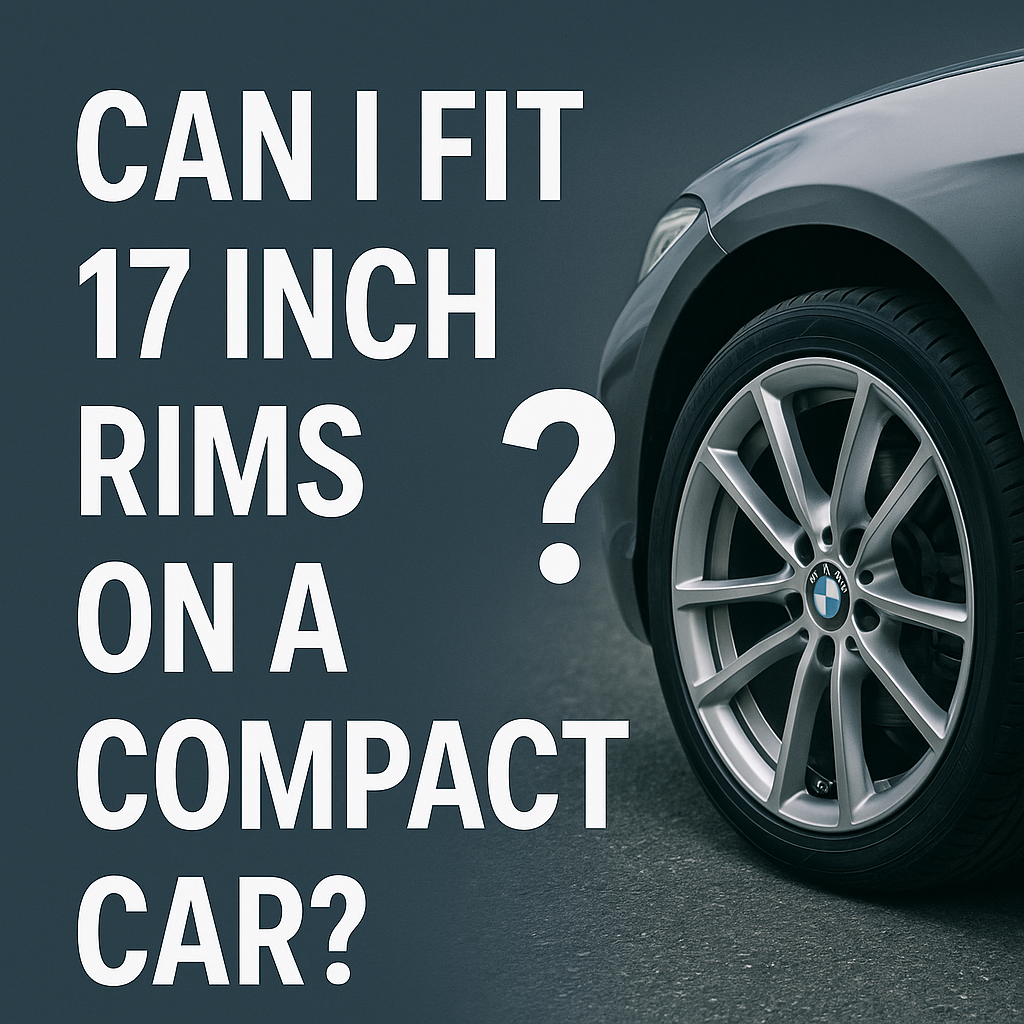
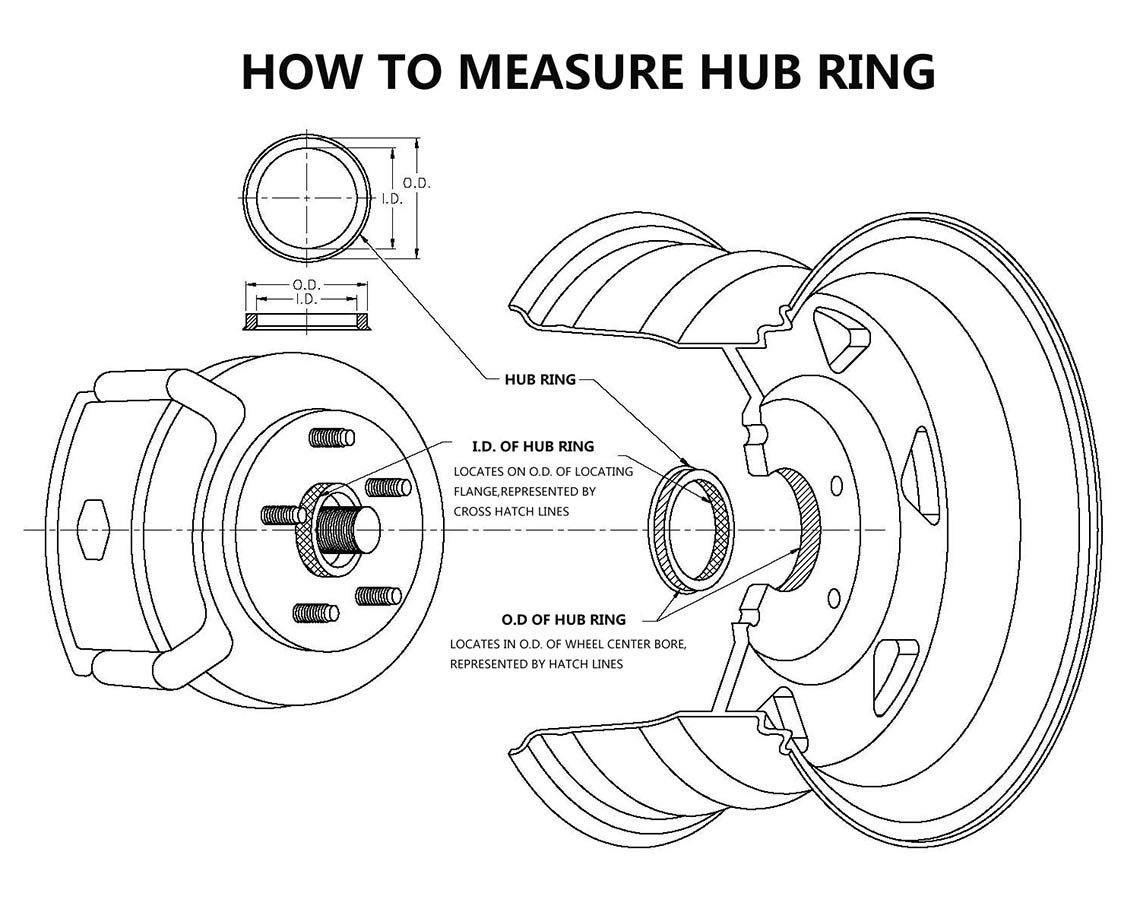
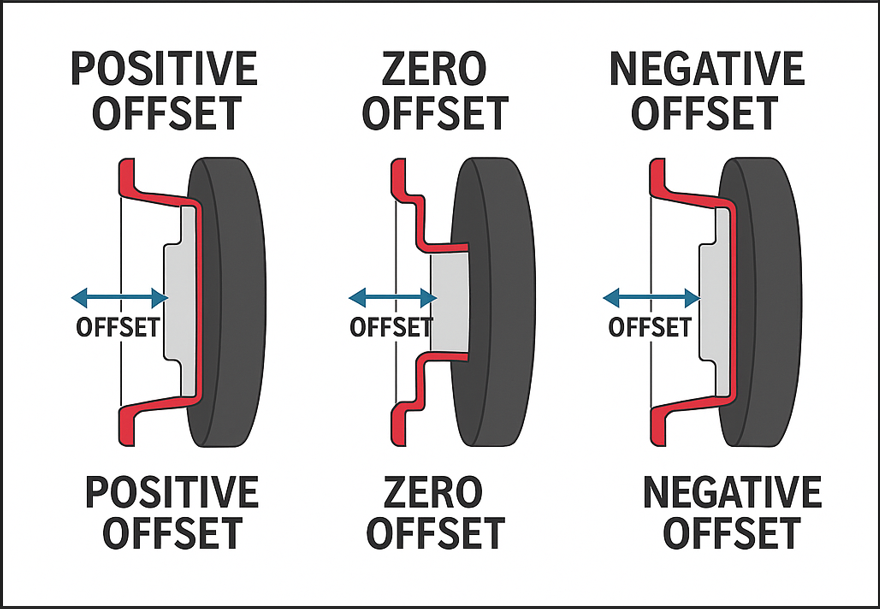
One Comment